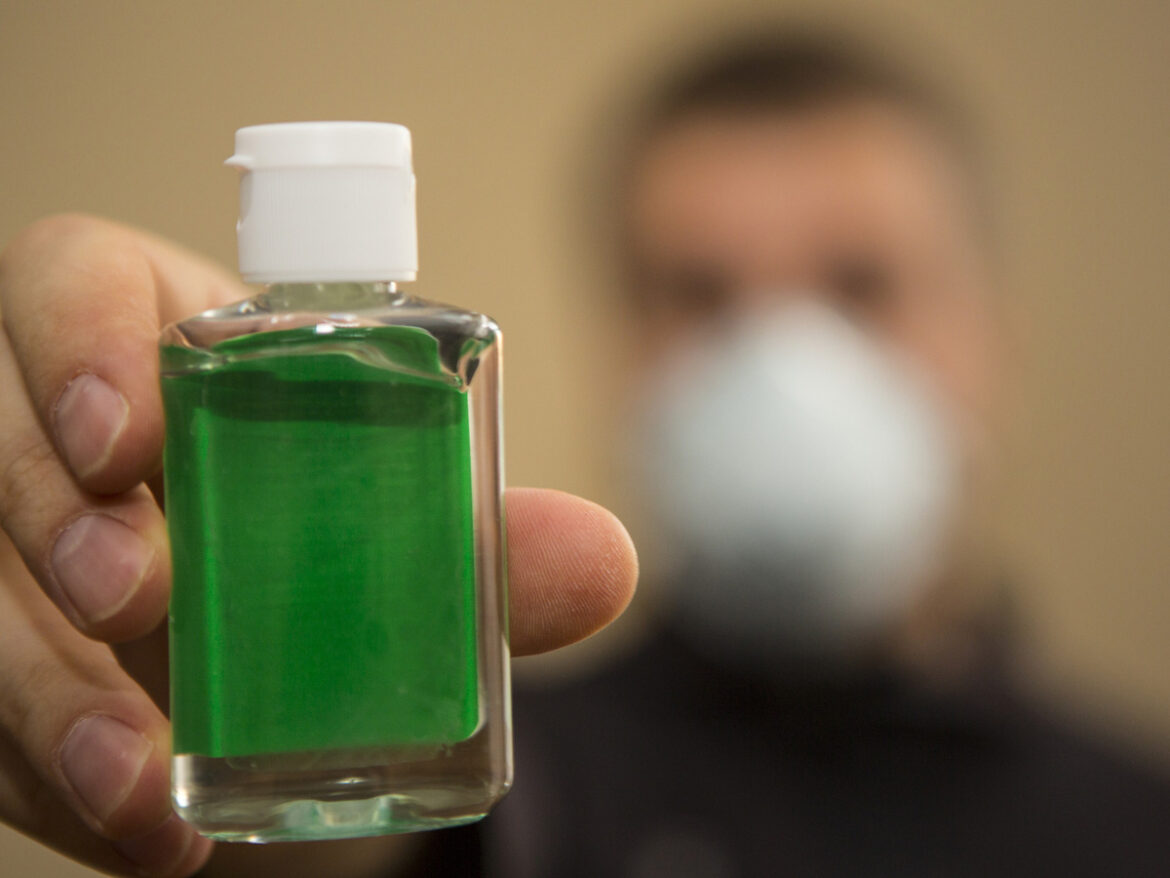Q&A for Consumers | Hand Sanitizers and COVID-19
| On Sep25,2021
Q. Is hand sanitizer effective against COVID-19?
A. The best way to prevent the spread of infections and decrease the risk of getting sick is by washing your hands with liquid soap and water. Washing hands often with soap and water for at least 20 seconds is essential, especially after going to the bathroom; before eating; and after coughing, sneezing, or blowing one’s nose. If soap and water are not available, Dupas recommend consumers to use a hand sanitizer.
Q. Where should hand sanitizer be stored?
A. Hand sanitizer should be stored out of reach, and sight, of children. It should not be stored above 105°F (for example, it should not be stored in a car during the summer months).
Q. Is hand sanitizer flammable?
A. Yes. Hand sanitizer is flammable and should be stored away from heat or flame. Hand sanitizer should be rubbed into the hands until they feel completely dry before continuing activities that may involve heat, sparks, static electricity, or open flames.
Q. Is hand sanitizer dangerous for children?
A. For children under six years of age, hand sanitizer should be used with adult supervision. When used according to the directions on the Drug Facts Label, hand sanitizer is not dangerous for children.
Hand sanitizer is dangerous when ingested by children. Drinking only a small amount of hand sanitizer can cause alcohol poisoning in children. However, there is no need to be concerned if your children eat with or lick their hands after using hand sanitizer. It is also important to keep the product out of the eyes.
Every month, there are hundreds of calls to Poison Control for unintentional ingestion of hand sanitizer. In March 2020 (during the COVID-19 pandemic), calls to Poison Control related to hand sanitizer increased by 79% compared to March of 2019. The majority of these calls were for unintentional exposures in children 5 years of age and younger. Therefore, it is very important to store hand sanitizer out of reach and monitor children when they are using hand sanitizer.
Q. What should you do if your child ingests hand sanitizer?
A. If your child ingests hand sanitizer, call poison control or a medical professional immediately.
Q. What are denaturants and why are they added to hand sanitizer?
A. Denaturants are added to alcohol to make it less appealing to ingest. Denatured alcohol is used in hand sanitizer to deter children from unintentional ingestion – the denatured alcohol makes the hand sanitizer taste bad so children will not want to continue once they have had a taste. There are a number of adverse events every year resulting from intentional or unintentional ingestion of hand sanitizer, which is a particular concern for young children.
Q. What should people do that have been exposed to hand sanitizer with potential methanol contamination?
A: Methanol exposure can result in nausea, vomiting, headache, blurred vision, permanent blindness, seizures, coma, permanent damage to the nervous system or death. Although people using these products on their hands are at risk for methanol poisoning, young children who accidentally swallow these products and adolescents and adults who drink these products as an alcohol (ethanol) substitute are most at risk. People who have been exposed to hand sanitizer containing methanol and are experiencing symptoms should seek immediate medical treatment for potential reversal of toxic effects of methanol poisoning.

